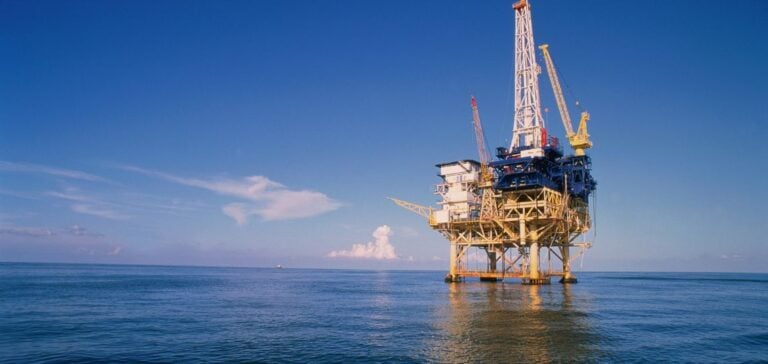Cameroon recently concluded a strategic partnership for its offshore oil sector, officially announced on January 10, 2025. Tower Resources, a British company, signed a farm-out agreement with Prime Global Energies Limited, involving a total financing of 15 million dollars for the development of the Thali oil license.
The agreement grants Prime Global a 42.5% stake in the Thali license, covering operational costs for the project, including the drilling of the NJOM-3 well scheduled for 2025. In return, an initial payment of 937,500 dollars will be made immediately, followed by 3,437,500 dollars after regulatory approval, with the remaining balance allocated to the development program.
A key project for Cameroon
This project is strategic for Cameroon’s oil development. The Thali license, located offshore, represents significant potential for exploration and exploitation. Jeremy Asher, CEO of Tower Resources, highlighted the importance of this milestone, which will accelerate the operational program. The NJOM-3 well is considered a central component of the future development of the license.
International perspectives
The partnership between Tower Resources and Prime Global Energies extends beyond Cameroon. Concurrently, the two companies are cooperating on the PEL 96 block in Namibia, aiming to refine and maximize the potential of this license. This multi-country approach reflects an investment strategy focused on leveraging African resources.
A transforming sector
Cameroon’s oil sector is undergoing significant transformation, attracting foreign investments through strategic partnerships like this one. Such initiatives could strengthen the country’s position in the regional energy landscape while fostering local economic opportunities. However, the agreement remains subject to local regulatory approval, a critical step for its execution.






















